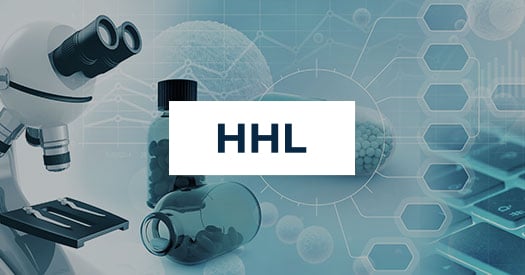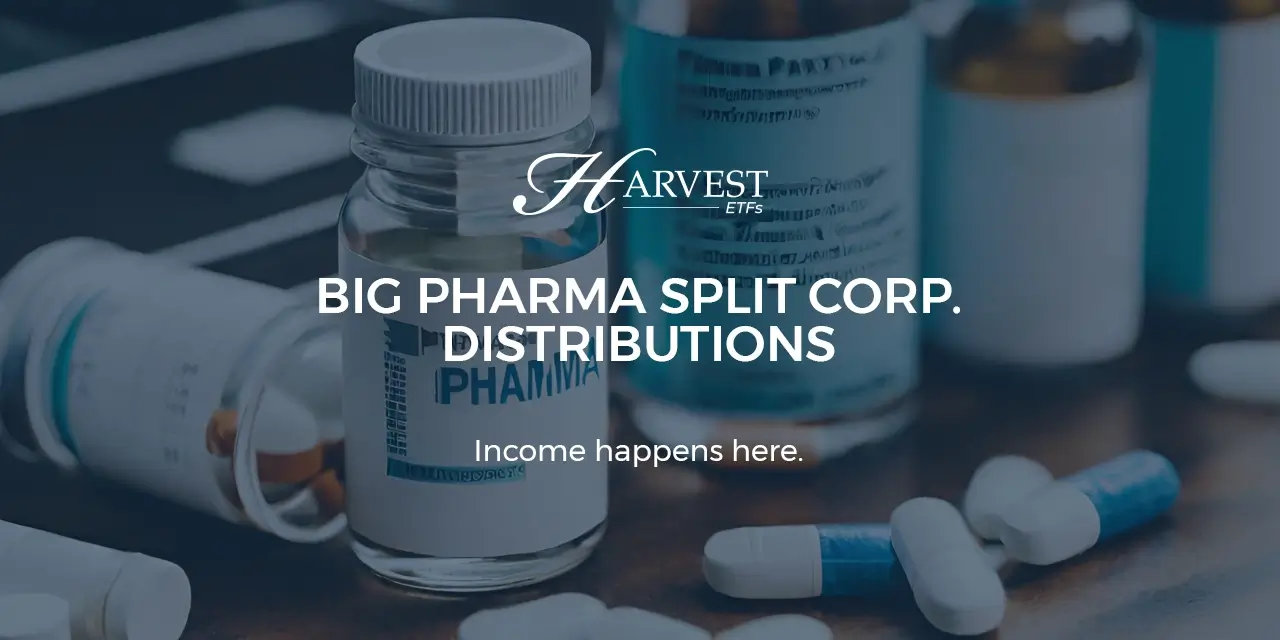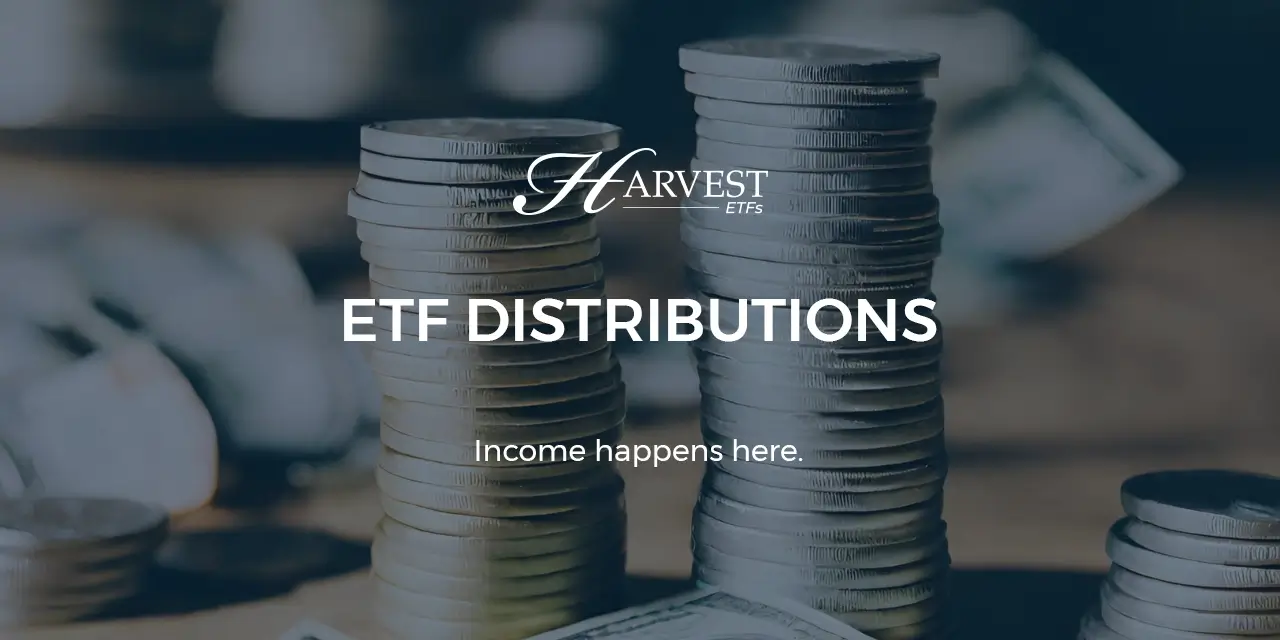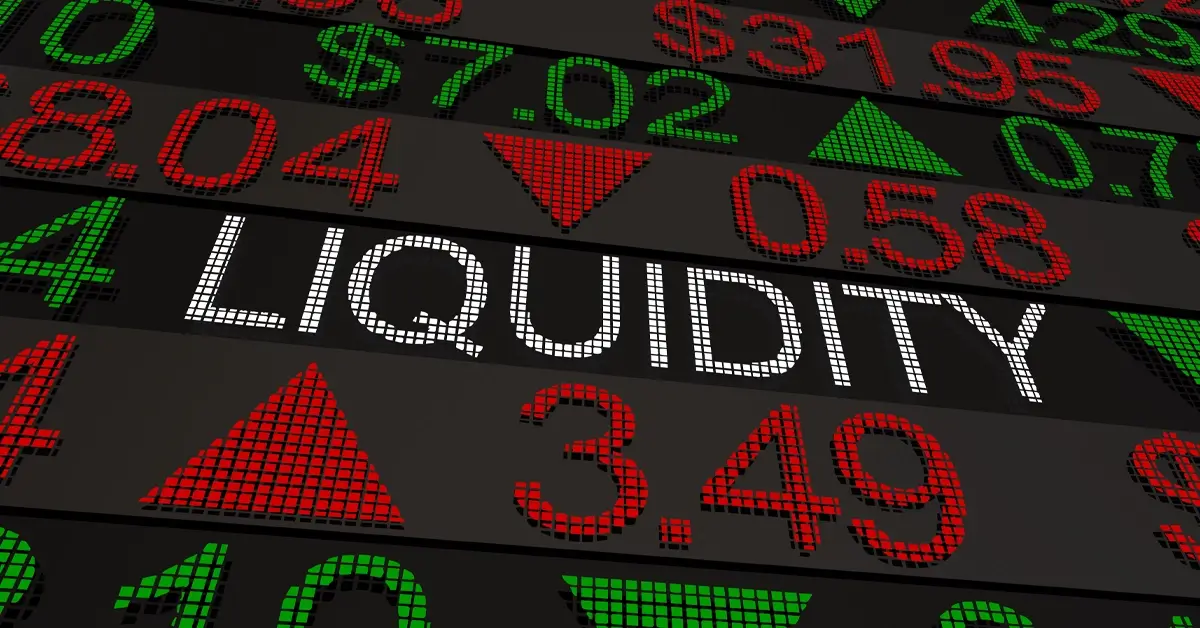By Harvest ETFs
Fears of a recession are mounting as inflation remains persistent and central banks like the Federal Reserve and Bank of Canada are raising rates. Businesses in various industries have warned about hardships and some have even cut their profit guidance. The healthcare sector , however, continues to show resilience.
It’s worth noting that, much like the overall stock market, healthcare stocks on the TSX, the NYSE, and other exchanges for certain companies have come down a little. Notably, there are fewer healthcare stocks on the TSX than on US markets.
Nonetheless, the healthcare industry shows promising prospects. Could this weakness just be a minor hiccup in the grand scheme of things?
Global Biotechnology Market to Reach Over $1.0 Trillion by 2030
Acumen Research and Consulting recently published a report about the global biotechnology market. The market intelligence and consulting services firm expects the biotechnology market to reach $1.345 trillion by 2023 and grow at a compounded annual growth rate (CAGR) of 15.5% between 2022 and 2030. In 2021, the global biotechnology market was valued at $372.8 billion.
What’s the catalyst for such a forecast? According to the firm, it’s growing chronic illnesses and the rise of organic medicines and drugs.
Looking at geographical characteristics, North America continues to dominate the global biotechnology market due to increased research and development, the number of firms operating in the region, and heightened expenditure.
Asia-Pacific, however, is forecasted to have the fastest CAGR in the coming years, according to Acumen Research and Consulting. This is mainly due to favourable government policies, assistance in clinical studies, epidemiologic study factors, and foreign firms collaborating with local firms.
Notable Developments in the Healthcare Industry
Within the healthcare industry, there are a few notable developments:
Regeneron Pharmaceuticals Reports Promising Results for Eylea
On September 8, Regeneron Pharmaceuticals Inc. (NASDAQ: REGN) announced promising results from the late-stage clinical trials of its flagship eye drug medication, Eylea or aflibercept. As a result of this news, the REGN stock saw a historic rally.
This could be positive for Regeneron Pharmaceuticals and partner Bayer AG as they hold a patent to the medication that’s expiring soon, and there were fears that it would increase competition. Positive results from the trial can give Regeneron Pharmaceuticals an edge and help the company maintain market share.
Eylea is used to treat two eye diseases related to malfunctioning blood vessels due to old age or diabetes. Presently, the standard treatment with Eylea is performed over several months and involves injecting patients with two milligrams of the medication.
The trial results reported by Regeneron Pharmaceuticals show that Eylea works well in fighting eye diseases at more concentrated levels of eight milligrams. Furthermore, the trials also showed that 90% of the patients that had diabetic macular edema and nearly 80% of the patients with age-related macular degeneration were able to maintain a 16-week dosing treatment.
Abbott Laboratories Shows Positive Impacts of the Amplatzer Piccolo™ Occluder
On September 8, Abbot Laboratories (NYSE:ABT) announced three years of data showing the positive impacts of the Amplatzer Piccolo™ Occluder at the Pediatric and Congenital Interventional Cardiovascular Society Symposium.
The Amplatzer Piccolo is used for treating premature babies with potentially life-threatening holes in the heart known as patent ductus arteriosus (PDA). Smaller than a pea, it is a self-expanding wire mesh device that’s used to seal the PDA. It is inserted through a small incision in the leg and guided through blood vessels all the way to the heart. PDA is present in about 1 of every 2,000 births.
As a minimally invasive procedure and the world’s first minimally invasive treatment for PDA, the Amplatzer Piccolo can prevent many premature babies from going into the neonatal intensive care units for artificial respiratory support soon after it’s implanted. Prior to this, the only options for physicians and families were to place the baby on respiratory support and observe if the PDA heals itself or conduct risky a procedure.
The three-year data presented by Abbot shows a survival rate of 95.5% with no procedure-related deaths, implant success of 95.5%, PDA closure in almost all patients, and low device-related serious adverse events.
Bristol-Myers Squibb Gets Approval from the European Commission for Opdualag
Bristol-Myers Squibb Company’s (NYSE:BMY) Opdualag was recently approved by the European Commission for first-line treatment for advanced melanoma in adults and children over 12 years of age and those with tumor cell PD-L1 expression <1%.
Opdualag is the first treatment of its kind where one medicine is used to provide two immunotherapies. More specifically, it provides treatment for the PD-1 inhibitor Opdivo (nivolumab) and novel LAG-3-blocking antibody relatlimab. This drug has been approved in the U.S. for adults and children 12 years of age or older.
The decision for approval by the European Commission was based on a study that showed double the median progression-free survival (PFS) versus the standard care (nivolumab monotherapy) for patients treated with fixed doses.
The three healthcare companies discussed above are all held in the portfolio of the Harvest Healthcare Leaders ETF (HHL:TSX) which gives investors diversified access to large-cap healthcare. Click here to learn more about this Healthcare ETF.













